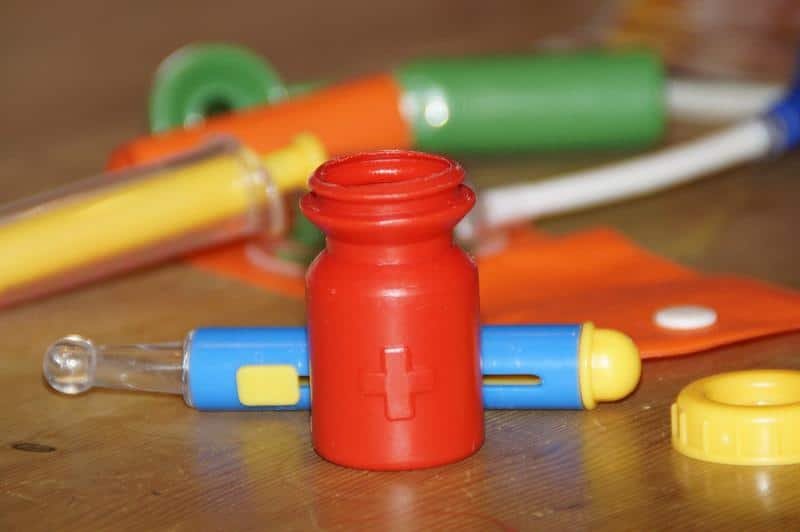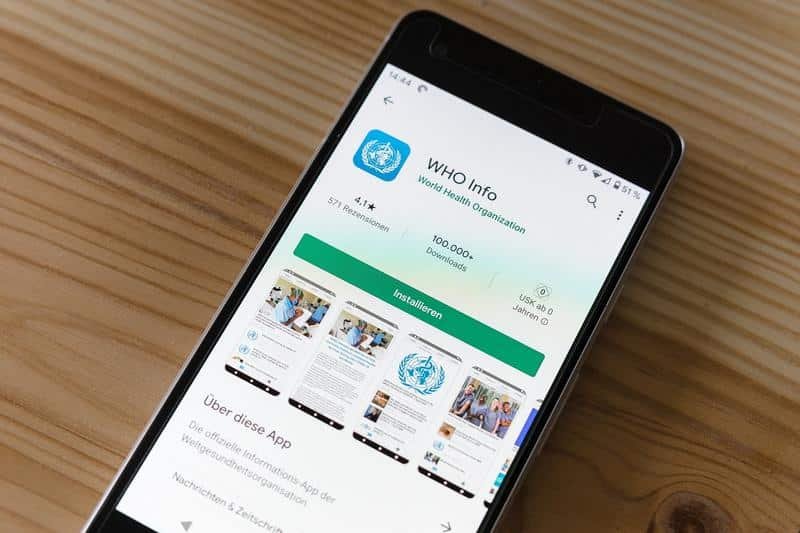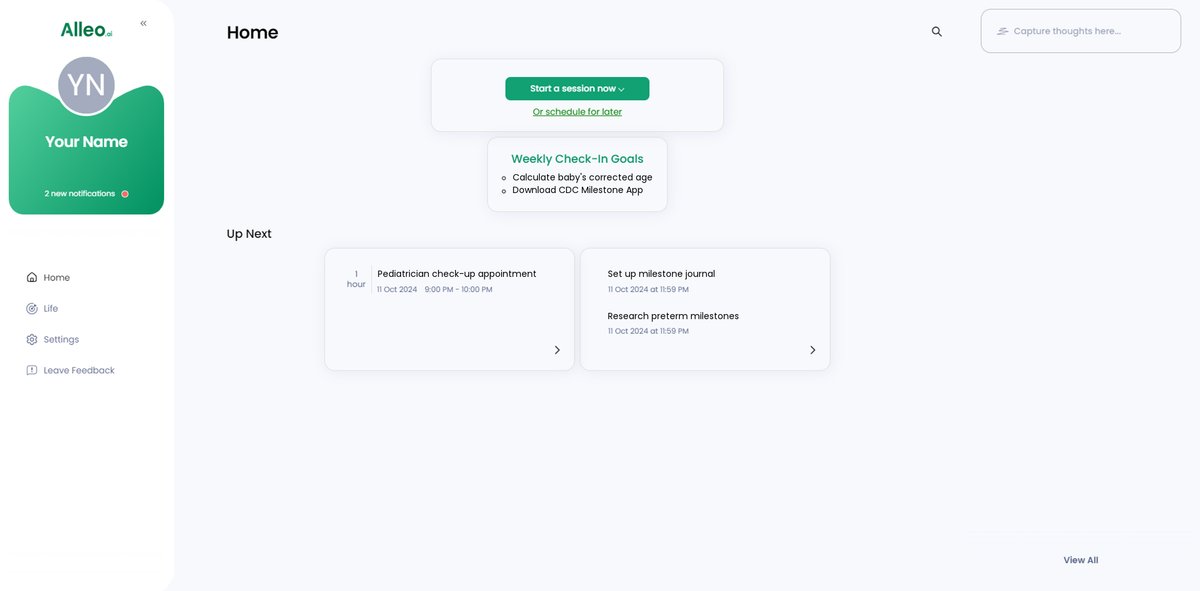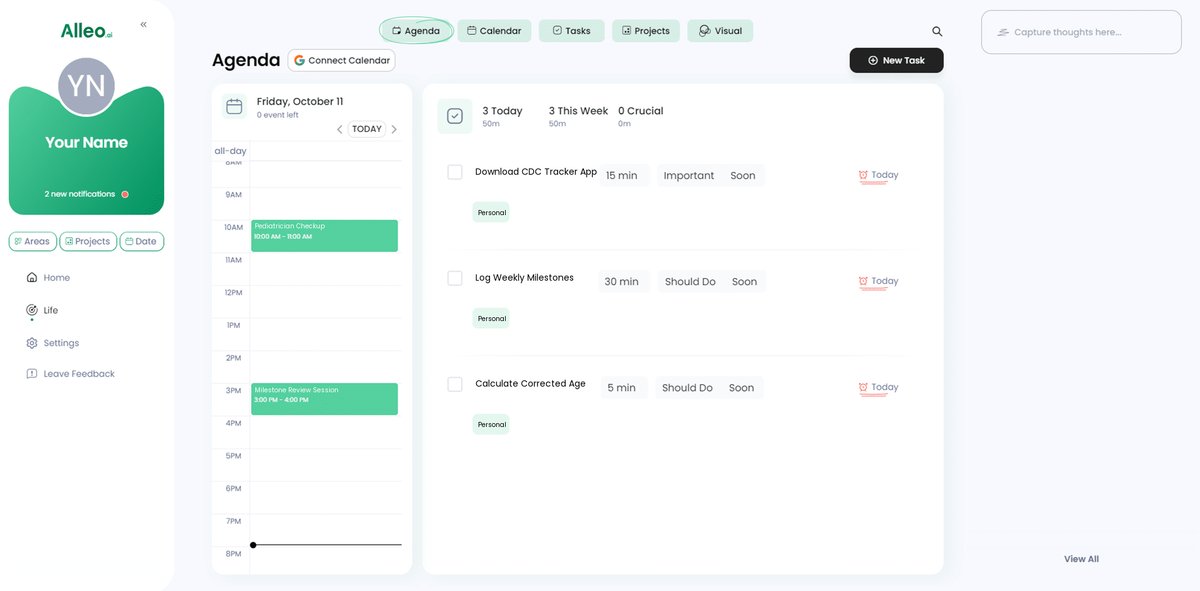How to Track Milestones for Late Preterm Babies: Expert Guide for New Parents
Are you feeling unsure about how to track your late preterm baby milestones because they were born a bit early? Tracking growth in preemies can be challenging, especially when it comes to understanding developmental delays in late preterm babies.
As a life coach, I’ve guided many new parents through the complexities of understanding developmental milestones. I often encounter parents who are unsure whether to use their baby’s actual age or adjusted age for preterm infants when tracking progress.
In this article, you’ll learn practical steps and reliable tools for tracking your late preterm baby milestones accurately. We’ll cover using corrected age, consulting with pediatricians about late preterm infant development, and leveraging the CDC’s Milestone Tracker App to monitor cognitive development in late preterm babies and motor skills in premature infants.
Let’s dive in.

Understanding the Dilemma: Actual Age vs. Corrected Age
Many parents face confusion when tracking late preterm baby milestones. Should you use your baby’s actual age or their corrected age?
This uncertainty can lead to anxiety. Delays in cognitive development, motor skills in premature infants, and social development are common concerns when tracking growth in preemies.
Several clients report feeling overwhelmed. They often struggle to know if their late preterm infant development is on track.
In my experience, using adjusted age for preterm infants can help. It aligns developmental expectations more accurately for tracking late preterm baby milestones.
This approach requires adjusting your perspective. It’s not always easy, but it’s crucial for accurate tracking of premature baby milestones.

Steps to Effectively Track Your Late Preterm Baby’s Milestones
Overcoming the challenge of tracking late preterm baby milestones requires a few key steps. Here are the main areas to focus on to make progress in monitoring your premature baby’s development:
- Use corrected age for milestone tracking: Calculate and use your baby’s adjusted age for preterm infants to accurately track late preterm infant development.
- Consult pediatrician for personalized guidance: Schedule regular check-ups and seek specialist referrals if needed for NICU follow-up care for preemies.
- Track milestones using CDC’s Milestone Tracker App: Utilize the app for detailed tracking of cognitive development in late preterm babies and useful tips on motor skills in premature infants.
Let’s dive into tracking late preterm baby milestones!
1: Use corrected age for milestone tracking
Using corrected age for tracking late preterm baby milestones is crucial for accurately assessing your late preterm infant’s development.
Actionable Steps:
- Calculate your baby’s corrected age. Subtract the number of weeks premature from their actual age. For example, if your baby is 10 weeks old but was born 4 weeks early, their adjusted age for preterm infants is 6 weeks.
- Adjust your expectations. Compare developmental milestones to the corrected age, not the actual age. Use resources like premature baby milestones charts tailored for preterm babies.
Key benefits of using corrected age:
- Reduces parental anxiety
- Provides more accurate developmental assessments
- Helps identify areas needing early intervention
- Monitor progress. Keep a detailed journal of milestones met according to the corrected age. Regularly update the journal to identify patterns and improvements in late preterm infant development.
Explanation: Using corrected age helps align developmental expectations with your baby’s unique timeline. This approach reduces anxiety and ensures more accurate tracking of late preterm baby milestones.
According to experts, this method supports better developmental assessments and interventions.
These steps make milestone tracking less confusing and more precise for tracking growth in preemies.

2: Consult pediatrician for personalized guidance
Consulting your pediatrician is key to ensuring your late preterm baby’s milestones are on track when tracking late preterm baby milestones.
Actionable Steps:
- Schedule regular check-ups. Ensure frequent well-child visits to monitor growth and development in late preterm infants.
- Discuss concerns or delays. Talk about any developmental worries with your pediatrician, including potential developmental delays in late preterm babies.
Common topics to discuss with your pediatrician:
- Feeding patterns and weight gain, including preterm baby feeding milestones
- Late preterm baby sleep patterns and routines
- Motor skills in premature infants and overall development
- Seek referrals for specialists. Get referrals for physical therapists or other specialists if needed for tracking growth in preemies.
Explanation: Consulting with a pediatrician helps tailor a developmental plan to your late preterm baby’s needs.
Regular check-ups allow for early detection and intervention, crucial for late preterm infant development.
According to experts, early intervention can significantly improve outcomes for preterm babies.
With the right professional guidance, you can confidently support your late preterm baby’s development.

3: Track milestones using CDC’s Milestone Tracker App
Using the CDC’s Milestone Tracker App can streamline tracking your late preterm baby’s developmental milestones.
Actionable Steps:
- Download and set up the app. Find the app for free on both iOS and Android. Input your baby’s adjusted age for preterm infants to ensure accurate tracking.
- Log milestones as they are achieved. Regularly update the app with milestones reached. Access tips and activities to support your late preterm infant development.
Key features of the CDC’s Milestone Tracker App:
- Customizable milestone checklists for tracking late preterm baby milestones
- Developmental tips and activities for premature infants
- Easy-to-share progress reports for NICU follow-up care for preemies
- Share progress with healthcare providers. Utilize the app’s ability to generate reports. Show these reports during pediatric visits to discuss your baby’s development, including motor skills in premature infants.
Explanation: These steps ensure precise milestone tracking, reducing parental anxiety. The CDC’s Milestone Tracker App offers reliable resources and professional support.
This method aligns with current trends of using digital tools for monitoring development, including cognitive development in late preterm babies.
Using the app helps you stay informed and proactive in your late preterm baby’s developmental journey.

Partner with Alleo on Your Baby’s Developmental Journey
We’ve explored how to track your late preterm baby milestones accurately. Did you know you can work directly with Alleo to simplify this process for tracking growth in preemies?
Step 1: Goal-setting with Alleo
Set specific goals for your baby’s milestones, including motor skills in premature infants. Track progress with reminders and updates, considering the adjusted age for preterm infants.
Step 2: Personalized advice and planning
Get tailored advice based on your baby’s corrected age, including guidance on preterm baby feeding milestones. Plan check-ups and activities with Alleo’s organizing features, focusing on late preterm infant development.
Step 3: Community and support
Connect with other parents through Alleo’s community feature. Share experiences and seek advice on topics like cognitive development in late preterm babies and late preterm baby sleep patterns.
Ready to get started for free with tracking late preterm baby milestones?
Let me show you how!
Step 1: Log In or Create Your Alleo Account
To begin tracking your preterm baby’s milestones with personalized support, Log in to your account or create a new one to access Alleo’s goal-setting and milestone tracking features.

Step 2: Choose “Building better habits and routines”
Click on “Building better habits and routines” to establish a consistent system for tracking your baby’s milestones and developmental progress, helping you stay organized and reduce anxiety about your preterm baby’s growth journey.

Step 3: Selecting the life area you want to focus on
Choose the “Personal” life area to address your concerns about tracking your preterm baby’s developmental milestones, as this area encompasses parenting challenges and allows you to set specific goals for monitoring your child’s progress.

Step 4: Starting a coaching session
Begin your journey with Alleo by scheduling an intake session, where you’ll discuss your baby’s developmental goals and create a personalized plan to track milestones effectively using your child’s corrected age.

Step 5: Viewing and managing goals after the session
After your coaching session, open the Alleo app to find the milestones and developmental goals you discussed displayed on your home page, allowing you to easily track and manage your baby’s progress.

Step 6: Adding events to your calendar or app
Use Alleo’s calendar and task features to add important milestone check-ups, pediatrician appointments, and developmental activities, allowing you to easily track your baby’s progress and stay on top of their unique developmental journey.

Wrapping Up: Confidently Tracking Your Baby’s Milestones
You’ve explored practical ways to track your late preterm baby’s milestones. Remember, using adjusted age for preterm infants, consulting your pediatrician, and leveraging the CDC’s Milestone Tracker App are key steps in tracking growth in preemies.
It’s normal to feel overwhelmed when tracking late preterm baby milestones. But with these tools, you can monitor your premature baby’s developmental progress accurately.
Stay proactive and patient. Your late preterm infant’s unique developmental journey will unfold beautifully.
And don’t forget, Alleo is here to help. With goal-setting, personalized advice on preterm baby feeding milestones, and community support, you can navigate this path of tracking late preterm baby milestones with confidence.
So, why not give Alleo a try?
You’ve got this!